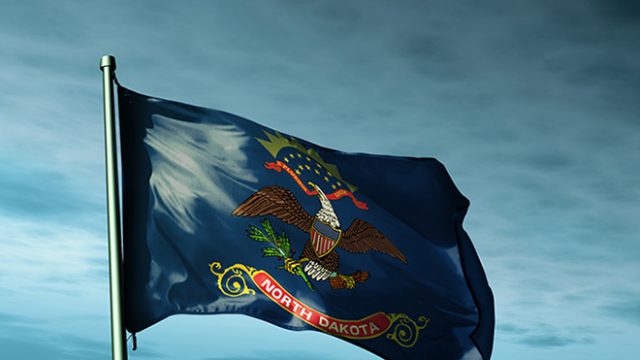Richard Winger: Accessing Ballot Is Too Hard For North Dakota's Minor Party Candidates

Every state has had minor party candidates for the legislature on the ballot in recent elections, except for North Dakota. No minor party candidate for the N.D. legislature has been able to qualify for the November ballot since 1976, when the American Party managed to comply in a few districts.
North Dakota bars minor party candidates for the legislature by requiring them to receive approximately 110 to 125 votes in the primary, as a condition of appearing on the November ballot. Minor party primaries, in all states, attract very few voters. This doesn’t mean that the minor party candidates can’t do well in the general election. The Vermont Progressive Party always elects state legislators, and elected 8 this year. Vermont, like North Dakota, has an open primary. Some Progressive Party candidates for the Vermont legislature have received as few as 10 votes in the Progressive Party primary, yet those candidates were elected in November.
The North Dakota law is unique. No other state requires that any party attract any particular number of voters in its primary, as a condition for being able to nominate candidates. A less restrictive, but similar law, was struck down unanimously by the Minnesota Supreme Court in 2004, in a case brought by the Independence Party. Other states that had laws like this long ago, including Oklahoma and Wisconsin, repealed them long ago.
Secretary of State Jaeger is absolutely not interested in this problem. I had an e-mail exchange with him. He insists the current law is fair because it treats all parties equally. But as the US Supreme Court said in Jenness v Fortson, “Sometimes the grossest discrimination can lie in treating things that are different as though they were exactly alike.”
In our system, minor parties are different from major parties, and everyone knows it.




